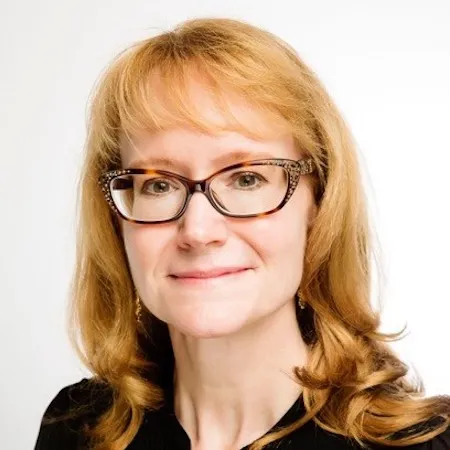In this lecture on critical political ecology, Dr. Paige West traces the history of the theory and how it emerged from the study of isolated communities and their connections to external structures that impact their social lives. She defines political ecology as a critical approach that sees environmental change as caused by both natural and human structures, with differential impacts for individuals within those structures. She highlights the role that female academics have played in advancing political ecology as a theory and method, and then focuses on the influence and concepts from Foucault, including discourse, power, and discipline. She then draws on examples from her own work in Papua New Guinea to exemplify the ongoing use of the political ecology frame, starting with characterizing contemporary Papua New Guineans as connected to the outside world and continuing by exploring coffee commodity chains as one form of local-global relationships. She ends by discussing updated understandings of Marx’s ideas of accumulation and dispossession, suggests that there are both material and nonmaterial forms of these tendencies of modern global economic structures.
-
About the Presenters
Image

Paige West
Dr. Paige West is The Claire Tow Professor of Anthropology at Barnard College and Columbia University where she holds an endowed chair. Her broad scholarly interest is the relationship between societies and their environments. Since the mid 1990s, she has worked with indigenous people in Papua New Guinea. She is the author of three books and the editor of five more. Paige is the founder of the journal Environment and Society, the chair of the Ecology and Culture University Seminar at Columbia University, a fellow (and past chair) of the Association of Social Anthropology in Oceania, and is the...
Image
Paige West
Dr. Paige West is The Claire Tow Professor of Anthropology at Barnard College and Columbia University where she holds an endowed chair. Her broad scholarly interest is the relationship between societies and their environments. Since the mid 1990s, she has worked with indigenous people in Papua New Guinea. She is the author of three books and the editor of five more. Paige is the founder of the journal Environment and Society, the chair of the Ecology and Culture University Seminar at Columbia University, a fellow (and past chair) of the Association of Social Anthropology in Oceania, and is the past president of the Anthropology and Environment Society of the American Anthropological Association. In addition to her academic work, Paige is the co-founder, and a board member, of the PNG Institute of Biological Research, a small NGO dedicated to building academic opportunities for research in Papua New Guinea by Papua New Guineans. She is also the co-founder of the Roviana Solwara Skul, a school in Papua New Guinea dedicated to teaching at the nexus of indigenous knowledge and western scientific knowledge. https://paige-west.com
-
Supporting Materials
Presentation Slides:
DocumentWest – Critical Political Ecology.pdf (646.61 KB)Reading List:
Gupta, A., and Ferguson, J. 1992. Beyond “culture”: Space, identify, and the politics of difference. Cultural Anthropology, 7(1), 6–23. https://www.jstor.org/stable/656518.
Abu-Lughod, L. 1991. Writing against culture. In R. Fox (ed.), Recapturing Anthropology: Working in the Present (pp. 137–162). Santa Fe, NM: School of American Research Press. https://culturalgeography340ua2014.files.wordpress.com/2014/01/lila-writing-culture.pdf.